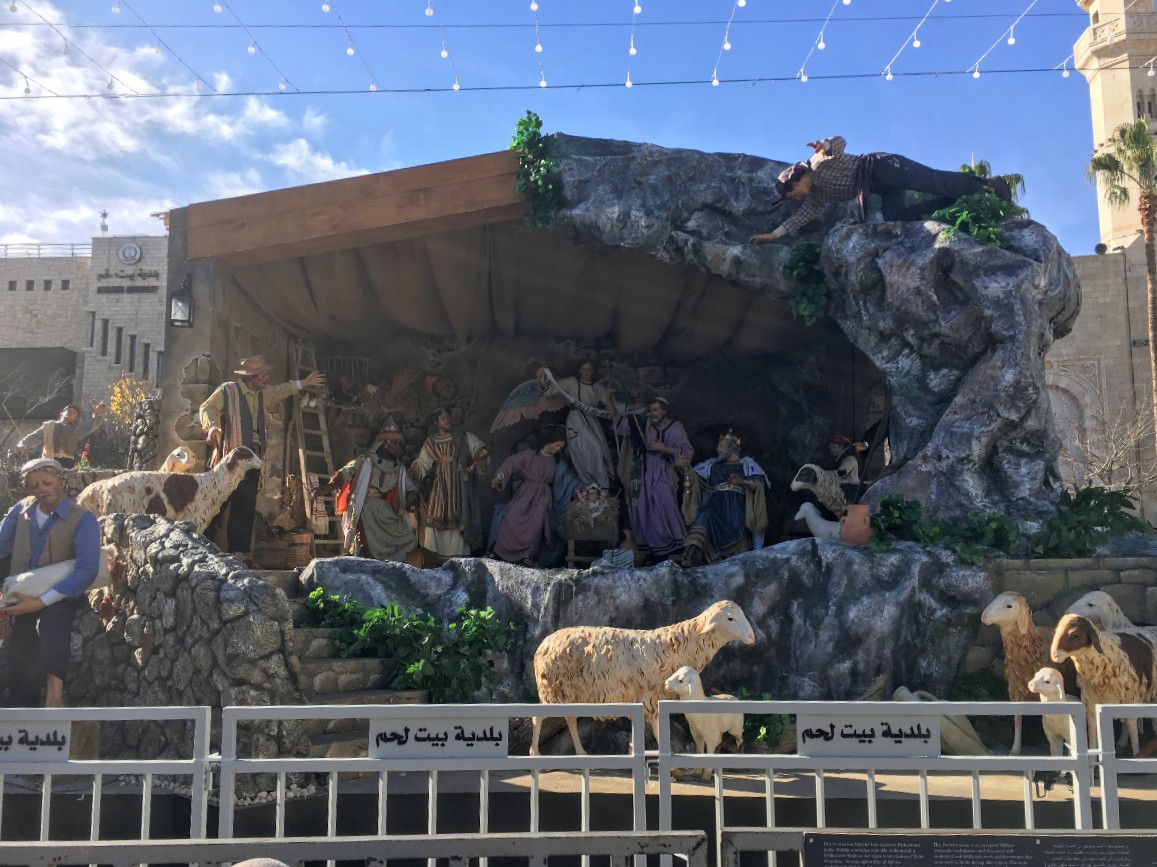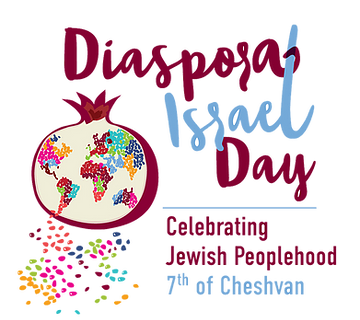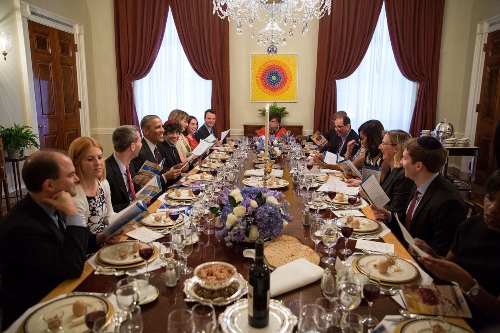Global Diaspora Week
The Global Diaspora Week was founded by the Israeli government in order to strengthen ties between the State of Israel and the Jewish people living abroad.
This year, the event is crucial as Jewish communities from around the world have been facing the struggles of war, COVID-19, and the closing and opening of Israel’s borders.
The event gives Jews around the world the ability to connect through culture, education, and more. Most importantly, the event will teach Jews around the world that they are never alone.
The Global Diaspora Week is organized by the Diaspora Affairs Ministry of Israel in conjunction with other organizations and government departments, including the President’s House, the Jewish Agency, the Education Ministry, AMI, Masa, ANU Museum of the Jewish people and other organizations.
Several of these organizations will be holding events throughout Israel. Those abroad can participate virtually and post to social media using the events hashtag, #Forever_Am . “Am” in Hebrew means “nation”.












